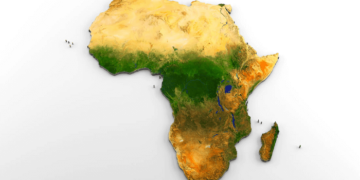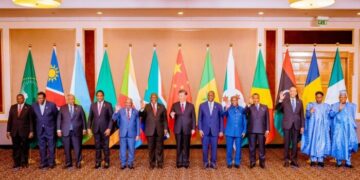2. Iraq
Iraq , officially known as the Republic of Iraq (Arabic: جمهورية العـراق ![]() Jumhūrīyyat al-‘Irāq; Kurdish: كۆماريى عێراق Komari Eraq) is a country in Western Asia, bordered by Turkey to the north, Iran to the east, Kuwait to the southeast, Saudi Arabia to the south, Jordan to the southwest, and Syria to the west. The capital, and largest city, is Baghdad. The main ethnic groups are Arabs and Kurds; others include Assyrians, Turkmen, Shabakis, Yazidis, Armenians, Mandeans, Circassians, and Kawliya.[6] Around 95% of the country’s 36 million citizens are Muslims, with Christianity, Yarsan, Yezidism, and Mandeanism also present. The official languages of Iraq are Arabic and Kurdish.
Jumhūrīyyat al-‘Irāq; Kurdish: كۆماريى عێراق Komari Eraq) is a country in Western Asia, bordered by Turkey to the north, Iran to the east, Kuwait to the southeast, Saudi Arabia to the south, Jordan to the southwest, and Syria to the west. The capital, and largest city, is Baghdad. The main ethnic groups are Arabs and Kurds; others include Assyrians, Turkmen, Shabakis, Yazidis, Armenians, Mandeans, Circassians, and Kawliya.[6] Around 95% of the country’s 36 million citizens are Muslims, with Christianity, Yarsan, Yezidism, and Mandeanism also present. The official languages of Iraq are Arabic and Kurdish.
Iraq has a coastline measuring 58 km (36 miles) on the northern Persian Gulf and encompasses the Mesopotamian Alluvial Plain, the northwestern end of the Zagros mountain range, and the eastern part of the Syrian Desert.[7] Two major rivers, the Tigris and Euphrates, run south through Iraq and into the Shatt al-Arab near the Persian Gulf. These rivers provide Iraq with significant amounts of fertile land.
The region between the Tigris and Euphrates rivers, historically known as Mesopotamia, is often referred to as the cradle of civilisation. It was here that mankind first began to read, write, create laws, and live in cities under an organised government—notably Uruk, from which “Iraq” is derived. The area has been home to successive civilisations since the 6th millennium BC. Iraq was the centre of the Akkadian, Sumerian, Assyrian, and Babylonian empires. It was also part of the Median, Achaemenid, Hellenistic, Parthian, Sassanid, Roman, Rashidun, Umayyad, Abbasid, Ayyubid, Mongol, Safavid, Afsharid, and Ottoman empires.[8]






































Discussion about this post